#bottom-blue-box ul{ list-style: disc; } #bottom-blue-box li:before{ color: white !important; }
The recent European Green Deal, set by the European Commission, is paving the road to a sustainable Europe by clearly recognising the global climate emergency, and by providing new input for action in and outside of Europe. European Union Delegations did not wait for this impetus to support local initiatives. Lessons collected by projects in Vietnam and Laos, demonstrate that developing countries are already stepping up for climate and environment. Policy dialogue has been instrumental to achieve concrete and important results.
A clean energy pathway in Vietnam
|
Vietnam’s policy dialogue success factors:
|
As part of its sustainable energy programme in Vietnam, the EU started in 2017 to support the development of solar energy in the coastal city of Da Nang. Four major public buildings and a few households(1) installed solar panels on their rooftops to showcase practical examples of local clean green electricity generation and greenhouse gas emissions reduction(2). All systems are presently fully operational and connected to the national electricity grid.
“This is a small project with a big impact,” said Cécile Leroy, EU Delegation to Vietnam Programme Manager. “This local initiative, co-financed with less than four hundred thousand euros, is making a lot of sense in the context of Vietnam, where the electricity demand is projected to triple between 2010 and 2030, with greenhouse gases emissions coming mainly from the energy sector.” Speaking at the European Climate Diplomacy Week 2019 during the inauguration of the solar panels, the rector of Vo Thi Sau Primary School revealed that around 25 to 30% of the total power demand of his school was now generated by the solar panels, which corresponds to an average of VND 2.2 million per month (about 86 euros).
As the project targets schools, it has contributed to environmental education. The project also liaised with local universities and helped the development of curricula. Last but not least, this initiative triggered a deeper understanding of the climate and environmental challenges and enhanced cooperation between key stakeholders, namely policymakers, civil society organisations, the public and private sectors, and the general public.
A forum for high-level policy dialogue
Vietnam is committed to act further on climate and environment and to continue working with the EU. “There is a momentum for this,” said Cécile Leroy. The success of the local solar power project is a small but important landmark, which received national media coverage and triggered other pilot projects and private investments in household solar rooftops. Nevertheless, more must be done to tackle both climate change and nature loss.
In the following video, Cécile Leroy, EU Delegation to Vietnam Programme Manager is highlighting the key lessons learnt from the solar project in Vietnam.
As part of its efforts, the EU is promoting and supporting the Vietnam Energy Partnership Group (VEPG) to facilitate policy dialogue, build synergies, encourage the government to improve the regulatory framework, build local capacity, and coordinate national and regional actions. This comes on top of a large budget support programme and a technical assistance facility to enhance the country’s energy transition.
Strengthening conservation efforts in Laos
|
Laos' policy dialogue success factors:
|
In Laos, a major environmental issue is wildlife trafficking. The country is at the centre of the global wildlife trade and, therefore, plays an important role in halting biodiversity loss and preserving nature. It shares porous borders with five major wildlife producer and consumer countries in the region, namely Cambodia, China, Myanmar, Thailand and Vietnam. This region is regarded as a global hub for wildlife trade, where species such as black bears, leopards, pangolins and primates are used as ingredients for traditional medicines.
“Laos has been increasingly subject to scrutiny under the Convention on International Trade in Endangered Species of Wild Fauna and Flora (CITES) mechanism, which came into force in Laos in 2004. To avoid trade sanctions, the Government took some significant steps,” said Ignacio Oliver Cruz, member of the EU Delegation to Laos and one of the editors of the EU “Larger than Tiger”, report providing input for a strategic approach to biodiversity conservation in Asia.
From project to policy-based aid
In 2015, ASEAN countries acknowledged wildlife and timber trafficking as a serious transnational crime requiring regional action, which encouraged the Government of Laos (GoL) to adopt regulations and voice its international engagement to act on wildlife trafficking. For example, the Laos government announced at the CITES global meeting that it was investigating ways to stop tiger farms in 2016.
The EU Delegation in Laos has been at the forefront of the fight against wildlife crime, advocating for strict rules under the Convention on Trade in Endangered Species, promoting its implementation, and supporting large-scale conservation efforts.
In the following video, Ignacio Oliver Cruz, EU Delegation to Laos Programme Manager, shares lessons learnt about policy dialogue used in Laos to tackle wildlife trafficking.
“To get there, we have been coordinating the actions of a consultative group together with other international partners, namely the UK, the US and Germany. Regular policy dialogue contributed to explore evidence and build trust,” said Ignacio Oliver Cruz. “We also provided policy recommendations and involved local environmental NGOs to set the process in motion.” Regular meetings have created synergies, they encouraged actions and helped the GoL to avoid international sanctions.
(1) Da Nang General Hospital and Vo Thi Sau Primary School, both of Hai Chau District; Lien Chieu District-based Cancer Hospital and Thanh Khe District-located Hoang Dieu Junior High School; plus six families across the city.
(2) Up to 85% of total GHG emissions in 2030 will come from the energy sector, 51% from electricity generation. For more information, please read https://www.climatelinks.org/resources/greenhouse-gas-emissions-factsheet-vietnam
Credit: Videos © Capacity4dev | Photo © by Peter Hammer on Unsplash
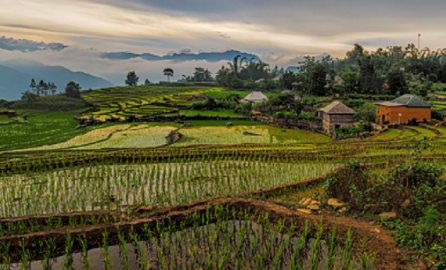

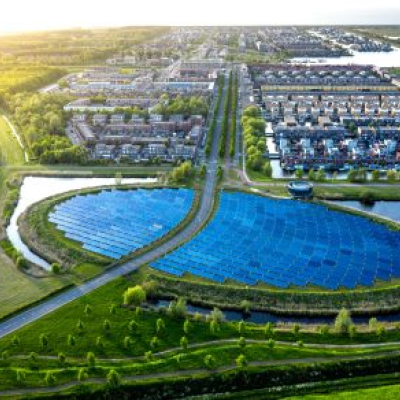
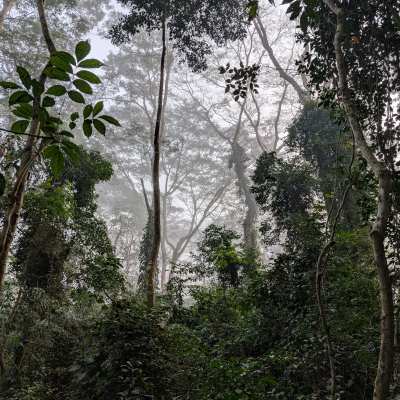
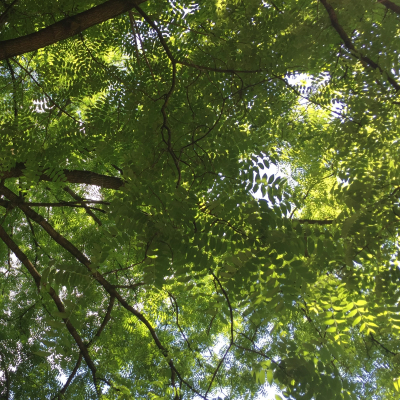
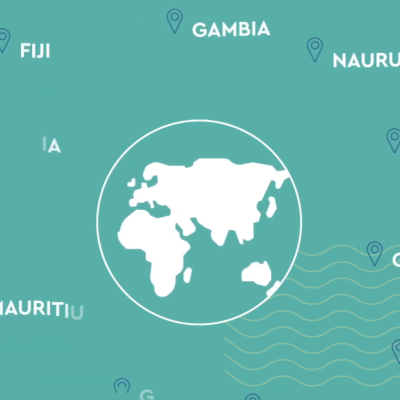
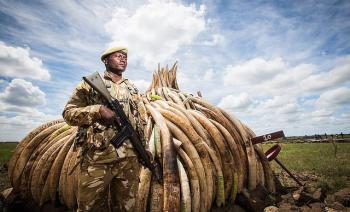



Log in with your EU Login account to post or comment on the platform.